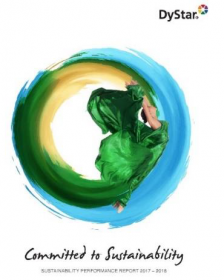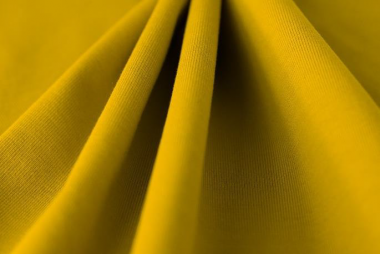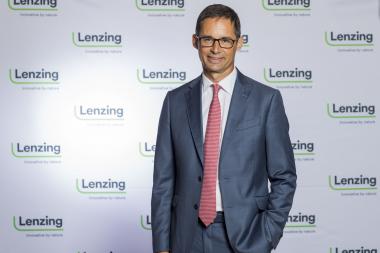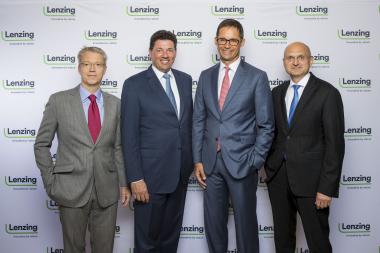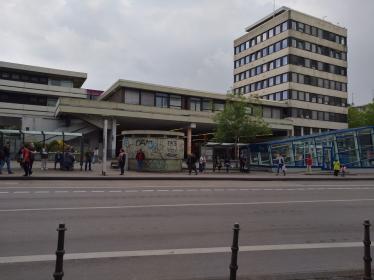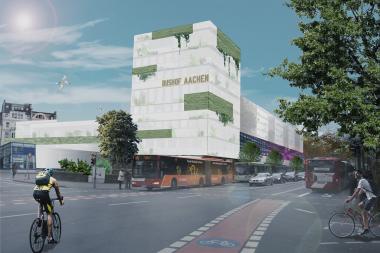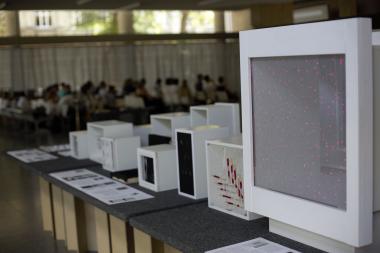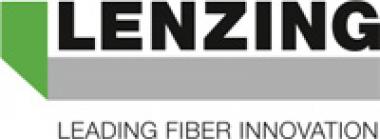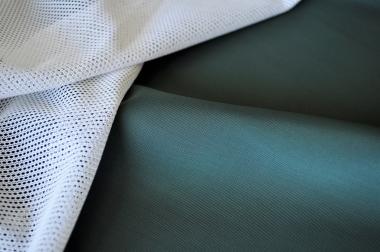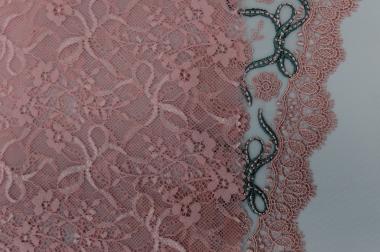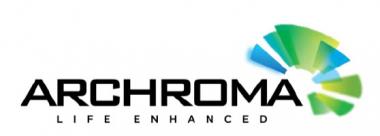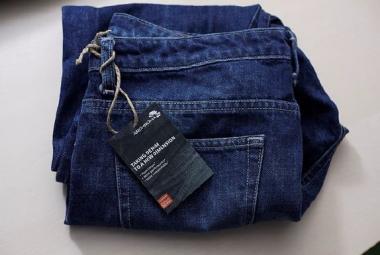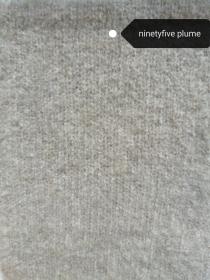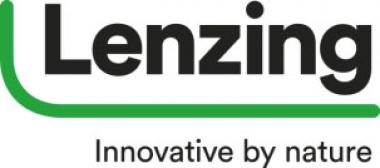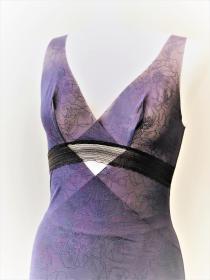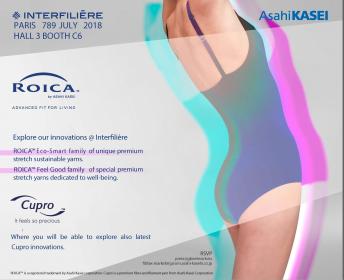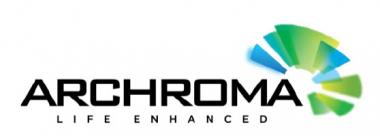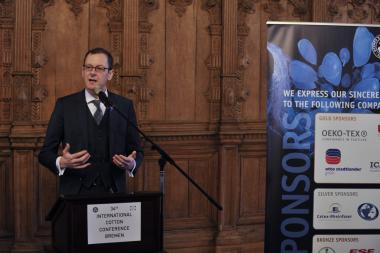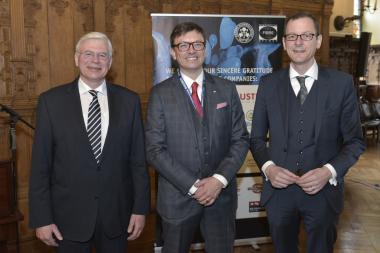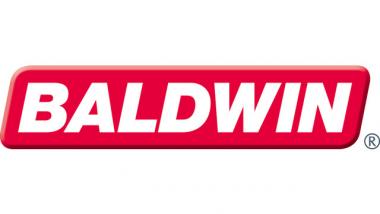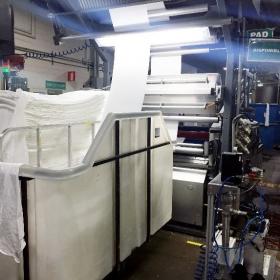DyStar Releases Sustainability Performance Report 2017 – 2018
The DyStar Group has released its 2017 – 2018 Sustainability Performance Report. Into its eighth edition, the report marks the progress of the global company that aspires to become the world’s most sustainable and responsible supplier of colorants, specialty chemicals, and services in the textile industry, but has also embarked on the business with food dyes and chemicals through its recent acquisition in USA.
The latest DyStar’s Sustainability Performance Report is the first of their reports prepared in accordance with the most trusted and widely used reporting framework – Global Reporting Initiative (GRI) Standards: Core Option.
The 2020 Target
2017 marks the seventh year of DyStar’s journey towards reducing the production footprint by 20% for every ton of production by the year 2020. This goal encompasses the resources used for production including energy, water, and raw materials as well as addresses their corresponding outputs – greenhouse gas (GHG) emissions, waste and wastewater. Results across most key performance indicators were positive, with four of the six 2020 targets being successfully met or surpassed.
In terms of the energy consumption and GHG emission, DyStar is farther from its original desired target primarily due to the impacts from three newly acquired production sites. However, intensive efforts are underway to ensure that the company’s less efficient acquisitions are provided the essential support to align with the rest of the company. DyStar is optimistic that all six targets are achievable by 2020.
Creating Responsible Products & Services
As part of DyStar’s long-term goal to imbed sustainability across the industry, they will also be focusing on expanding its sustainability services. This includes the opening of more Texanlab offices, an ISO 17025 certified, specialized testing laboratory across South Asia to provide end-to-end solutions throughout the whole supply chain.
Stepping Up on Cooperation with NGOs
Increasingly, DyStar is strengthening their partnerships with the Non-Governmental Organizations (NGOs). The 2017 report features an in-depth guest interview with the NGO China Water Risk, on how can suppliers like DyStar can be a role model in creating sustainable fashion.
To encourage and facilitate sustainable practices among its suppliers, DyStar also conducts sustainability-related supplier surveys. For instance, DyStar is cooperating with the Institute of Public & Environmental Affairs (IPE), one of the most established Chinese NGO, to expand the framework of their supplier questionnaire. In recognition of its efforts, DyStar received top ranking in the CITI transparency list for industrial chemicals from IPE, placing them well ahead of many other industry peers.
Embracing Diversity, Engaging Communities
Also, to help meet clients’ demand and demonstrate its responsibility and care in the food and beverages industry, DyStar is implementing a supplier diversity program to support businesses in the USA that are at least 51% owned by minority groups, women, veterans and people with disabilities.
Highlighting DyStar’s commitment to the communities they operate in, the company encourages volunteerism among employees, and for the year of 2017, DyStar employees devoted a total of 205 volunteer hours towards community projects, which also served as a meaningful collective experience for employees to form closer bonds.
Working Together Towards Long-Term Solutions
As an industry frontrunner, DyStar and its leaders are committed to driving sustainability across the
industry. However, significant challenges remain, and the stakeholders of this industry need to work together to derive long-term solutions. CEO of DyStar Group, Mr. Eric Hopmann emphasized, “It is imperative for the entire industry to improve collectively, not individually, and our ability to do so may determine the long-term profitability of the industry as a whole. It is my belief that effective partnerships coupled with stronger support and incentivization from leading companies within this industry could be key to creating a new – and much needed – equilibrium.”
To access DyStar’s sustainability reports, visit http://www.dystar.com/sustainability-reports/.
DyStar Singapore Pte Ltd


